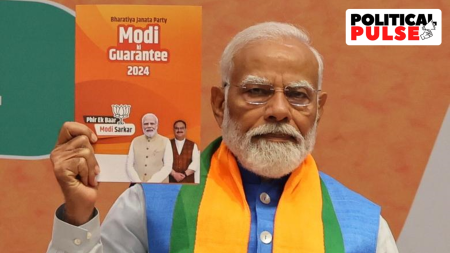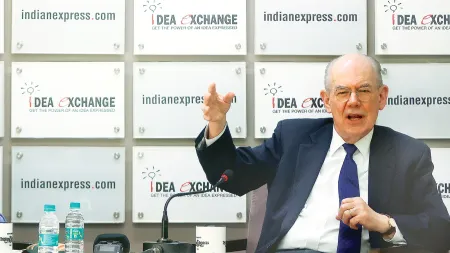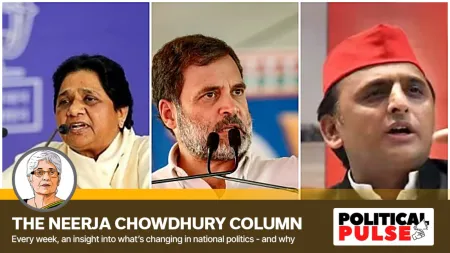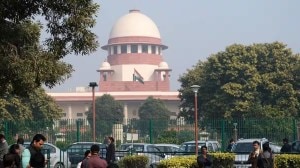- India
- International
Empower govt to direct IIMs to work as per new Act: Panel
Recommendation amid concerns on relinquishing govt control under IIM Act
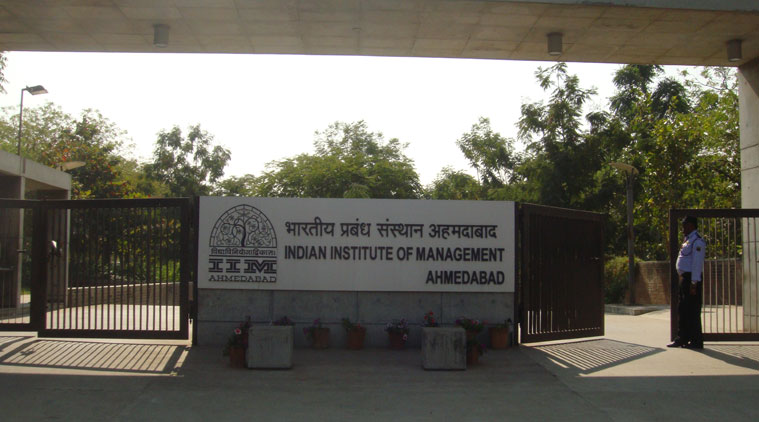 The view was expressed at the January 22 meeting of directors called by IIM-Bangalore to seek inputs for drafting rules under the Act.
The view was expressed at the January 22 meeting of directors called by IIM-Bangalore to seek inputs for drafting rules under the Act.
Three months after a section of Indian Institute of Management (IIM) directors expressed concern over the complete relinquishing of government control under the IIM Act, a committee set up for drafting new rules has suggested that the HRD Ministry be empowered to “give directions” in case the institutes were found acting in contravention of the new law.
The new law, which came into effect on January 31, grants statutory powers to all 20 IIMs, including appointment of directors and chairpersons and Board members. Earlier, the director was appointed by the Board, but with a prior approval of the Appointments Committee of the Cabinet (ACC) headed by the Prime Minister.

On February 6, The Indian Express had first reported that at least six new IIMs have voiced concerns that surrendering government control could undermine the accountability of the IIM leadership. The view was expressed at the January 22 meeting of directors called by IIM-Bangalore to seek inputs for drafting rules under the Act.
An eight-member panel, headed by IIM-Sirmaur chairperson and industrialist Ajay Shriram, which was tasked by the ministry to provide suggestions for making rules, submitted its report to the government recently. The ministry is now expected to draft rules based on these suggestions.
The committee, The Indian Express has learnt, made some suggestions that are meant to act as checks in the system to ensure that an institute’s Board of Governors (BoG) and chairman does not abuse the absolute powers granted under the new law.

It has pushed for a provision in the rules that gives HRD Ministry the power to intervene. The proposed provision, as per the committee’s report, states: “The Ministry of Human Resource Development can give directions to the institutes, if the institutes are found to be acting in contravention to the provisions of the Act.”
The degree of autonomy to be granted to the 20 premier B-schools under the IIM Act was the source of friction between the Prime Minister’s Office and the HRD Ministry in 2016, then under Smriti Irani.
While Irani had advocated retaining some form of government control over the institutes, the PMO had pushed for complete autonomy.
Ironically, the new institutes are now worried if this freedom will be “abused” by the Board and this concern seems to have been factored in by the Ajay Shriram committee while recommending powers for the government to issue directions to IIMs.
To address directors’ concerns about a self-appointing BoG turning in a self-perpetuating one, the committee has suggested that a member can be on the Board for a maximum of two terms (that is, eight years). It has also recommended an age limit of 74 years for the BoG chairperson and members.
The report also states, “There shall not be any conflict of interest of any Board member with the interests of the IIM in which he/she is nominated as member.” If any conflict of interest is discovered after nomination, then the concerned member or chairperson will have to recluse himself/herself from all discussions on the agenda relating to said conflict of interest.
Although a section of directors had demanded governmental oversight in their appointment and removal, the committee, in a bid to safeguard an arbitrary dismissal, suggested the institute head can be removed only with the approval of at least a two-third majority of the board’s strength, excluding the director. The total board strength would not include vacancies.
Apr 16: Latest News
- 01
- 02
- 03
- 04
- 05




